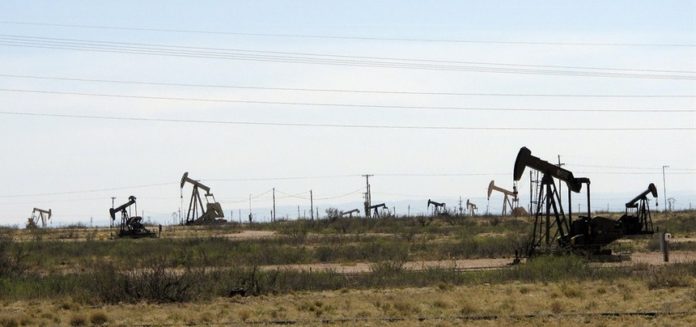Judge James D. Cain Jr. is a federal judge from Louisiana who has put a huge monkey wrench in the plans of the Biden administration to implement schemes that use the “social cost” of carbon to measure the impact of climate change.
To calculate taxes, fees, and infrastructure spending costs, the administration planned to use the completely fictional $51 per ton carbon dioxide emissions number. This number is fictional because it was $7 per ton for carbon dioxide emissions when Donald Trump was president.
Isn’t that amazing? Seven times the price per ton of carbon dioxide in one year!
However, the federal judge was able to see through this absurdity and reprimand it.
A Louisiana federal judge stopped the Biden administration’s use of a higher estimate of the damage each additional ton of greenhouse gas pollution will cause society on February 11. This formula is known as the social cost of carbon and it applies to all consequential decisions that affect fossil fuel extraction on public lands, infrastructure projects, and international climate talks.
The Justice Department stated that it will appeal the preliminary injunction issued by a Louisiana judge. In the meantime, however, the ruling could prompt a scramble by federal agencies to redo analyses of major decisions that depended on the higher social costs of carbon, according to a Saturday brief.
The bureaucrats complain that the judge’s preliminary injunction would cause them a lot of work, rather than arguing why CO2 emissions costs should rise.
Mancini pointed out that 21 rulemakings would be affected by the ruling by the Energy Department, five by the Environmental Protection Agency, and three each from the Interior Department. He also said that Transportation Department officials expressed concern over the possibility of delays for grant programs for rail and transit projects for several months.
He said, “The cumulative impact of the Preliminary injunction is quite substantial.” “Regulatory impact analysis and analyses supporting other agency actions can be very complex and time-intensive studies that agencies spend many months developing and refining.”
The bureaucrats want to get a reversal of this ruling. This is based on a legal out that they were given that states that the court cannot issue a ruling that would place too much burden on agencies. The burden should be allowed as there is no “emergency” that can be justified.
However, courts often allow the EPA a lot of latitudes when it comes to environmental policies. The full appeals court could allow the higher price per tonne of CO2 to be maintained.
This would be a huge mistake. The U.S. needs to secure an oil supply in the near future, at a time when the Biden Administration is closing down federal drilling.










